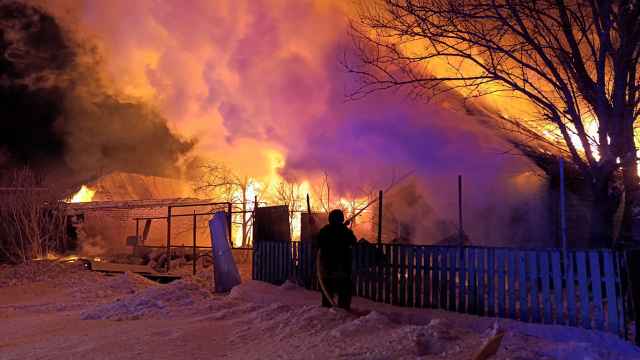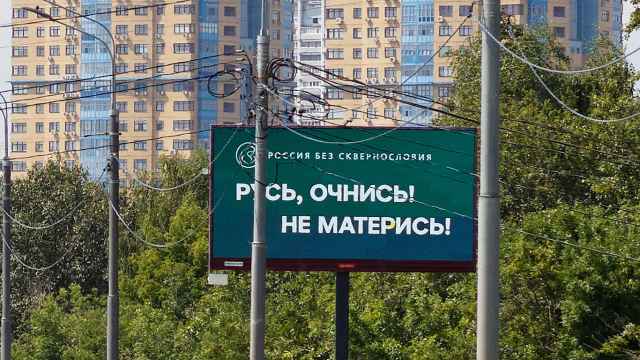
Valentina Orlova
Head of Intellectual Property and Trademarks Practice
Pepeliaev Group
The first half of 2012 cannot be said to be significant in terms of the further development of intellectual property legislation. That said, work has continued on amendments to the Russian Civil Code, with the corresponding draft law passed in its second reading.
Unfortunately, the working group that prepared the amendments did not take into account many of the amendments that have been proposed by informal associations of specialists in intellectual property. It seems to us that some of the amendments that were approved are incomplete in nature and incapable of regulating in full measure the legal relationships that have evolved.
Work on the draft law is currently continuing, and it will probably soon be possible to say exactly which amendments will be discussed in the third reading.
The Russian Government's Resolution No. 218 dated March 21, 2012 approved the regulations on the Federal Intellectual Property Service. These regulations were prepared in accordance with the Russian President's Decree No. 673 On the Federal Intellectual Property Service dated May 24, 2011, which established that the Federal Intellectual Property Service is the legal successor to the Federal Intellectual Property, Patents and Trademarks Service and also the legal successor to the Russian Justice Ministry in relation to the legal protection of the state's interests in the process of the economic and civil law circulation of results of research, development, and technological work of a military, specialist and dual-purpose nature, including in relation to obligations arising from the enforcement of court decisions. Having received its new functions, Rospatent ceased to be a patent authority in the traditional sense of that term. However, it has retained the functions of providing state services in the area of legal protection for inventions, utility models, industrial designs, computer programs, databases and configurations of integrated microcircuits (including those that belong to a single technology), trademarks, service marks, appellations of origin of goods, and the legal regulation of issues related to the control and supervision of this area of activity as well as the provision of state services in relation to it.
However, this year was filled with many events related to intellectual property.
Cooperation continued between various courts and administrative authorities, including right holders, to improve the enforcement of intellectual property legislation. In particular, various activities were undertaken in the context of the enforcement monitoring function vested in the Justice Ministry. Unfortunately, federal executive authorities cannot provide a full and multifaceted picture of the enforcement of legislation in the area of intellectual property. In relation to this, it is important to support in every way the course taken by the Justice Ministry to work together with private business in terms of monitoring enforcement. One of the factors confirming the correctness of this decision is the two academic and practical conferences held by the Justice Ministry. The second of them took place in May in St. Petersburg. A part of the conference (within the scope of the section dealing with civil law) was devoted to the protection of intellectual property.
Those taking part in the event gave presentations on topics such as "Law enforcement in the context of court defense," "Difficulties in the practice of engaging experts in the Rospatent system to conduct court expert reviews and defining the circle of 'interested' parties that have the right to file applications stipulated by part 4 of the Russian Civil Code, and the ways to solve these problems," "Decisions of the Russian Supreme State Commercial ('Arbitration') Court as an instrument for shifting to precedent-based law," "Parallel imports," "Means of identification," "Registering trademarks in bad faith: an abuse of law or an act of bad-faith competition," "Liability for unlawful use of intellectual property on the internet," "Enforcement practice regarding the distribution of rights to the results of intellectual activity created under state contracts." The content of these presentations was based on the results of independent monitoring of the application of intellectual property legislation. Those taking part in the conference came up with a series of proposals aimed at improving intellectual property legislation and, accordingly, the enforcement of that legislation. The proposals included:
- Amending the Russian Arbitration Procedure Code in relation to the status of an "expert," the amendments meeting the requirements of the Intellectual Rights Court in examining disputes;
- Creating, for copyright and related rights disputes to be examined, a dedicated judicial structure or panels of judges in the courts of general jurisdiction;
- Supplementing Federal Law No. 229-FZ On Enforcement Proceedings so as to expand the list of instances that constitute grounds for counterfeit property to be seized, since insufficient legal regulation currently means that the enforcement of a court decision gives rise to appeals from the parties to enforcement proceedings and applications from court bailiffs to obtain clarifications from the court that handed down the judicial decision.
- Putting forward on behalf of the Justice Ministry and other interested federal authorities proposals to amend the Civil Code further, with such proposals to include: (1) an expansion of the list of methods of disposing of exclusive rights by way of transferring them directly; (2) the possibility of entering into license contracts in relation to items of intellectual activity distributed via the internet or in electronic form; (3) the establishment of a general procedure for sending to an information broker a right holder's statement regarding the violation of intellectual rights owing to the materials in question being placed on the internet; and (4) the repeal of the provision regarding the exhaustion of an exclusive right in relation to service marks;
- Working out proposals for the additional regulation of the territory in which the principle of the exhaustion of a right has effect, taking into account legislation of the Customs Union as well as foreign experience (oriented towards applying this particular principle only in relation to particular types of products);
- Working out proposals for the additional regulation of the content of Opinions annexed to applications for registration and/or the grant of a right to use an appellation of origin in relation to a product such as "vodka."
A Message from The Moscow Times:
Dear readers,
We are facing unprecedented challenges. Russia's Prosecutor General's Office has designated The Moscow Times as an "undesirable" organization, criminalizing our work and putting our staff at risk of prosecution. This follows our earlier unjust labeling as a "foreign agent."
These actions are direct attempts to silence independent journalism in Russia. The authorities claim our work "discredits the decisions of the Russian leadership." We see things differently: we strive to provide accurate, unbiased reporting on Russia.
We, the journalists of The Moscow Times, refuse to be silenced. But to continue our work, we need your help.
Your support, no matter how small, makes a world of difference. If you can, please support us monthly starting from just $2. It's quick to set up, and every contribution makes a significant impact.
By supporting The Moscow Times, you're defending open, independent journalism in the face of repression. Thank you for standing with us.
Remind me later.





